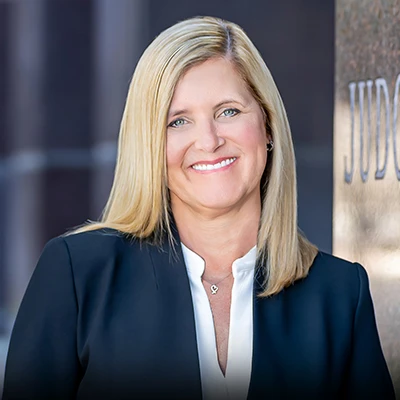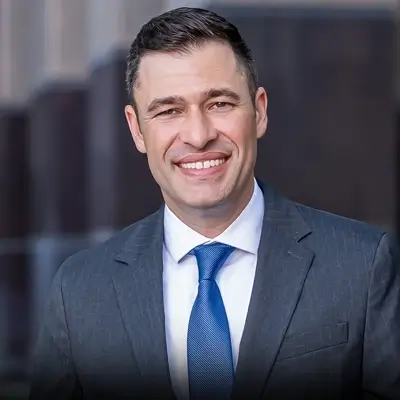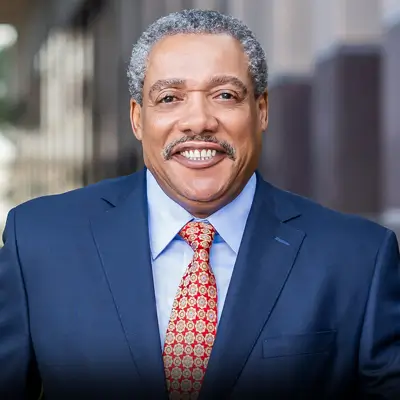Boynton Beach Wrongful Death Lawyers
The Legal Guidance You Need Following a Tragic Accident
Tragically, many victims do not survive negligence incidents like car crashes, falls, and swimming pool drownings. In many ways, a wrongful death claim is exactly like an injury claim. In other ways, there are some significant differences. For example, its very difficult to ascertain the amount of fair compensation in a wrongful death claim, especially if the victim was a child.
At Smith, Ball, Báez & Prather , our diligent Boynton Beach wrongful death lawyers efficiently work through these problems. Because we have so much experience, we quickly evaluate your case and identify all possible claims and defenses. Then, to collect evidence, we often partner with a private investigator or other professional. Above all, once the bell rings, we never stop fighting for you.
Let our firm carry the load for you during this difficult time. Call us at 561-500-HELP today to schedule your free initial consultation.
Types of Wrongful Death Claims
Statisticians often refer to a wrongful death as an accidental death. However, in most cases, these incidents were not unavoidable accidents. Instead, negligence is usually involved at some point. True, the negligence might have been unintentional. We all make mistakes, and we all must accept responsibility for the mistakes we make. That spirit is the essence of a wrongful death claim.
We routinely handle a variety of these matters, including:
- Vehicle Collisions: Today’s cars and trucks are much safer than the ones which rolled off the line in the late twentieth century. But todays cars and trucks are also bigger and faster than those vehicles. And, even the most advanced restraint system can only absorb so much force.
- Poisonings: Unintentional poisoning, mostly drug overdose, causes almost as many wrongful deaths as car crashes. In a crisis the size of the opioid epidemic, there is usually plenty of blame to go around. Some doctors wrote prescriptions without asking questions, some shipping companies shipped drugs without asking questions, and some manufacturers made pills that were so powerful that almost any user could become addicted.
- Falls: Slip and fall injuries are the leading cause of unintentional death for people over 70. Many of these individuals have pre-existing health conditions which impair their ability to avoid a fall and also make the resulting injuries much worse.
- Swimming Pool Drownings: These incidents are the leading cause of unintentional death among children under 5. Furthermore, in most years, there are more swimming pool drownings in Florida than in any other state. Other types of swimming pool injuries, which could also be fatal, include chlorine poisoning and drains that cause riptides.
These incidents usually involve either the ordinary negligence doctrine or the negligence per se rule. Ordinary negligence is a lack of care, and negligence per se is the violation of a safety law.
Compensation Available
Generally, any surviving immediate family member, like a spouse or child, can file a wrongful death claim. Additionally, a blood relative who was financially dependent on the decedent might also be eligible to file.
These claims are normally limited to pecuniary losses. Examples include medical bills related to the decedents final injury or illness, loss of future financial support, and loss of future financial support.
In some cases, survivors might be eligible for compensation for their own grief and suffering. Surviving parents are usually entitled to such damages if the decedent was their minor child. Additional compensation might be available as well, under a separate theory like negligent infliction of emotional distress.
A preventable death can destroy the fabric of a family or community. For a free consultation with an experienced Boynton Beach wrongful death lawyer, contact Smith, Ball, Báez & Prather . You have a limited amount of time to act.




